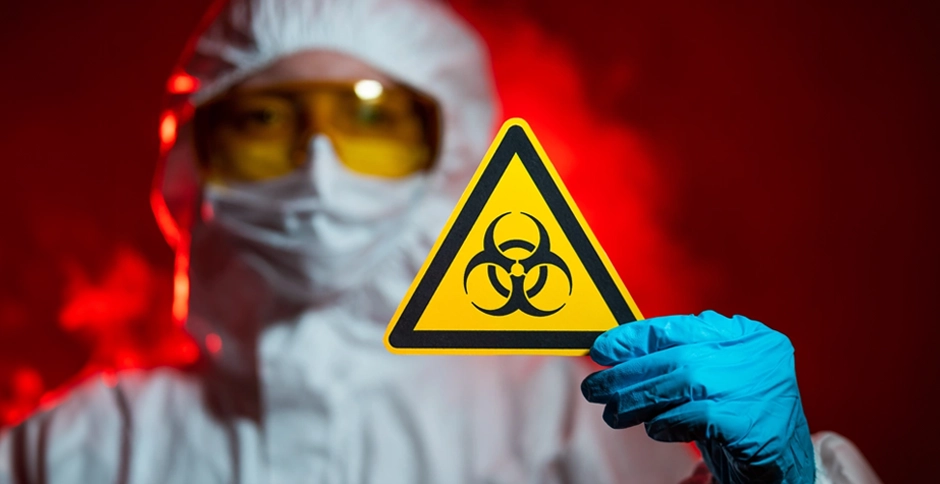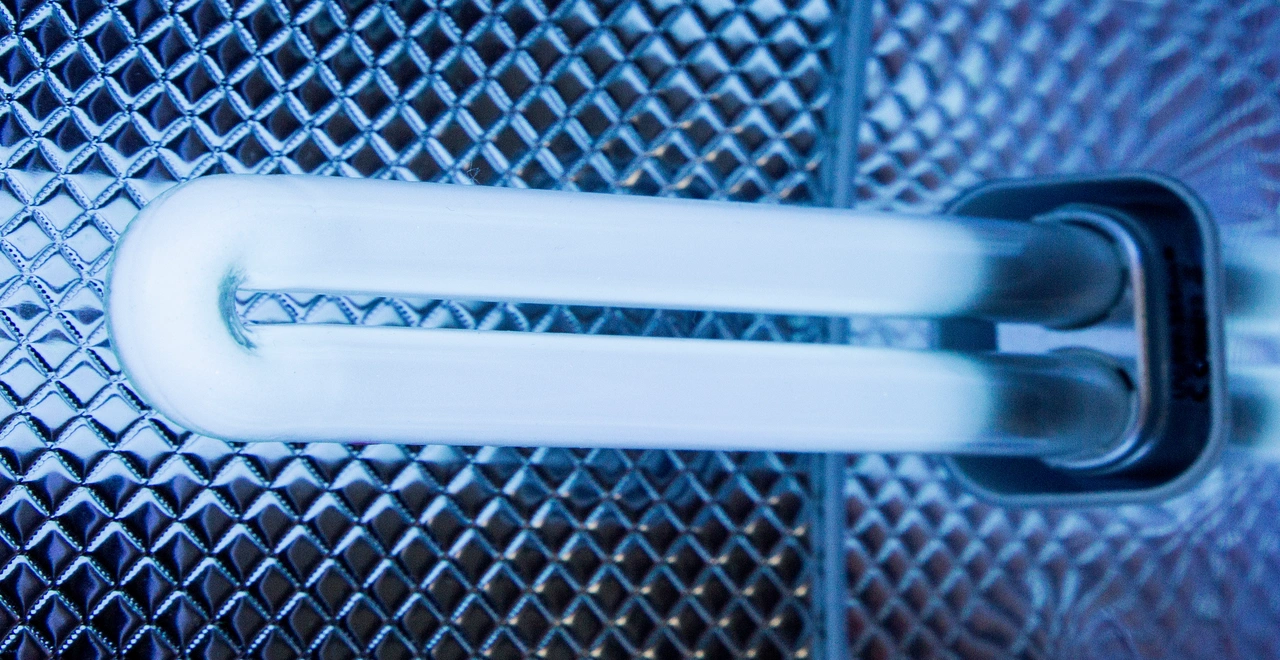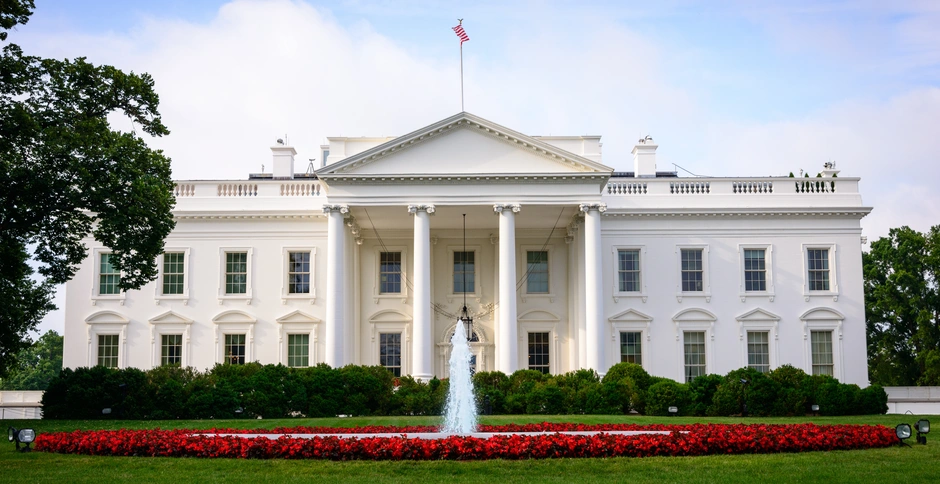
What Is Biological Contamination?
What is biological contamination and how does it impact indoor air quality? Learn how to protect your indoor air quality here.
SteriSpace Supports Outdoor Shelter Systems with Air Sterilization Technology
August 26, 2021
Contact: Danny Forcucci
716-204-7125 ext. 1005
Dforcucci@youfirstservices.com
As we collectively brace for the next COVID-19 wave fueled by the delta variant, the experience is not unlike preparing for a natural disaster like a hurricane. With numbers spiking across the country, now seems like a good time to prepare for the oncoming storm with the tools and resources to stay safe, while gripping tightly to any amount of normalcy we’ve reclaimed since the CDC began easing restrictions due to increased vaccine availability.
The spread of the coronavirus has been severe in Florida and other parts of the southeastern United States, which is also an area, as conditions dictate, bracing for an actual hurricane, with the region heading into the height of hurricane season.
Considering this, President Biden recently spoke to reporters about preparing for the avoidable in the face of the inescapable.
And, of course, he’s right.
However, beyond pursuing the vaccine to protect yourself against COVID-19, make sure any shelter you’re seeking provides protection from dangers outdoors and indoors.
A protective shelter is only as effective as its ability to prevent potentially harmful airborne threats. For those who depend on these structures, containment is essential, but equally important is a shelter’s ability to eliminate possible contaminants that can lead to the transmission of disease.
Meaning, that while it’s important for a shelter to protect its occupants from environmental hazards, because of the current pandemic, shelters should now also be able to treat and sterilize the air internally.
Besides being employed for emergencies and COVID-19 testing and vaccination sites, because of the pandemic, outdoor shelters and enclosures have also become commonplace for commercial use.
Restaurants, retailers, and public events have turned to shelters amid infection concerns to keep their businesses going and to allow patrons the ability to still enjoy some of the luxuries from pre-pandemic life. But while shelters can offer a safer alternative to traditional indoor sites, they still present several public safety and air quality challenges.
Shelters can provide a false sense of security of being “outdoors,” and because of their small scale, they can lead to packing people too close together. Shelters can restrict proper ventilation. Sites should pursue ways to clean potentially contaminated air before it can infect those within the nearby vicinity.
As COVID-19 numbers continue to rise, refugee centers and camps have been affected as well.
Similar to emergency shelters used to protect against natural disasters, refugee shelters are built to provide immediate protection and help to people forced to flee their homes due to unavoidable circumstances. While refugee shelters do not provide permanent solutions, they offer a haven for refugees and meet their most basic needs during emergencies.
In situations of long-term displacement, refugees with an array of health ailments are housed close together in shelters. Not only does this present considerable danger to refugees individually, but in these cases, using poorly ventilated shelters is of particular concern to our overall public health.
Because refugees may have fewer opportunities to be vaccinated against COVID-19, it is essential that we make sure the shared air in these settings is properly cleaned to reduce the potential for viral outbreaks.
Contact one of our air sterilization specialists to see how SteriSpace can work with your shelter to keep yourself or the patrons of your business safe from harmful airborne contaminants!

What is biological contamination and how does it impact indoor air quality? Learn how to protect your indoor air quality here.

Air sterilization is a better option than UV light for HVAC systems. Discover why air sterilization is the best way to improve your indoor air quality.

A building’s indoor air quality and cleanliness matter. Click here for a guide to understanding the purpose of the Clean Air in Buildings Challenge.